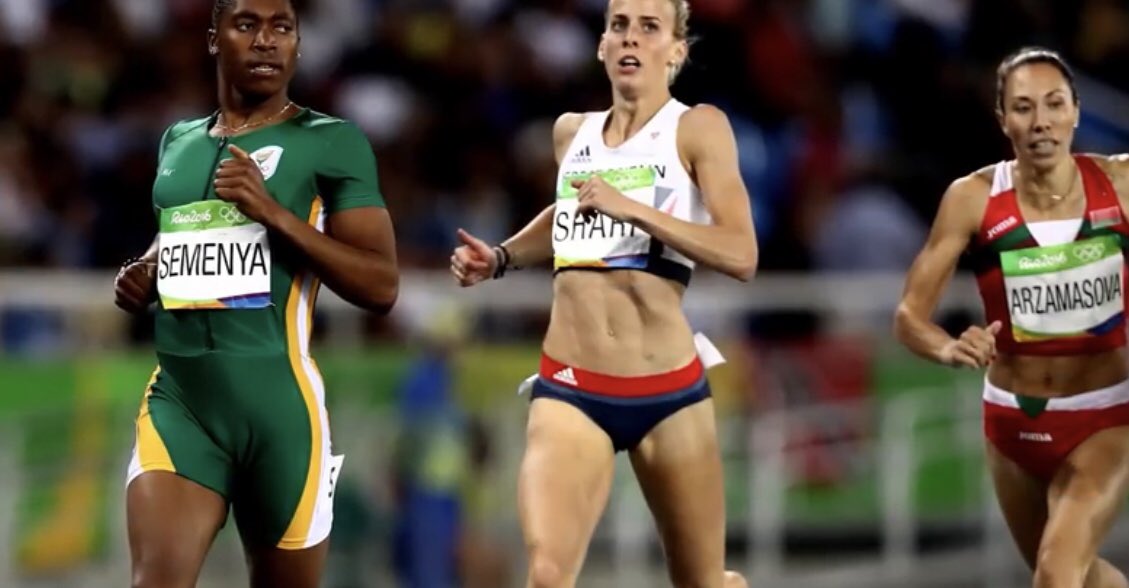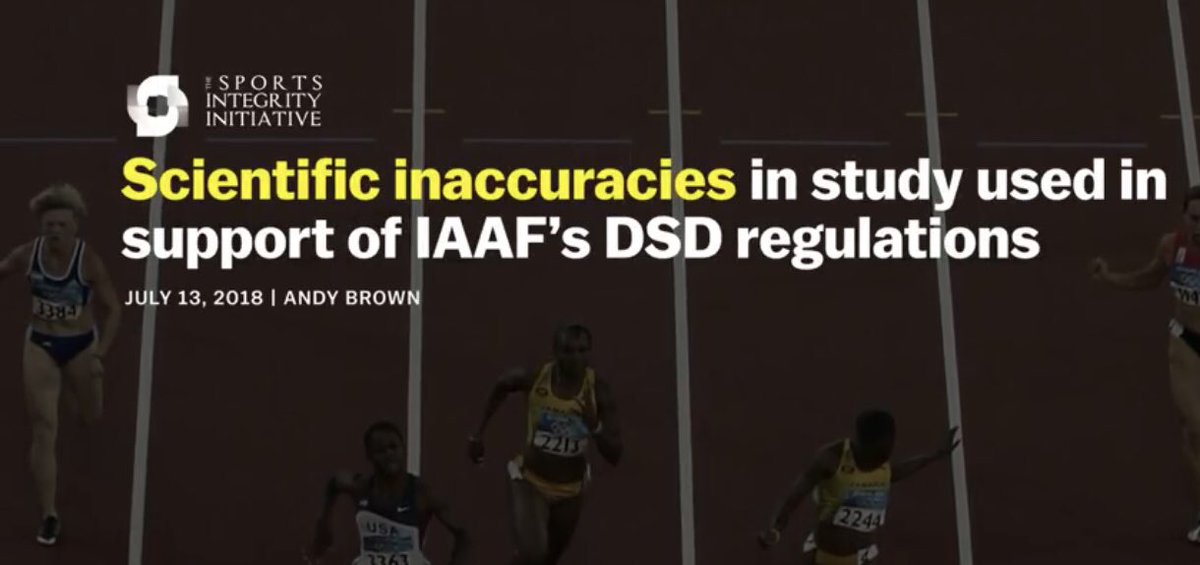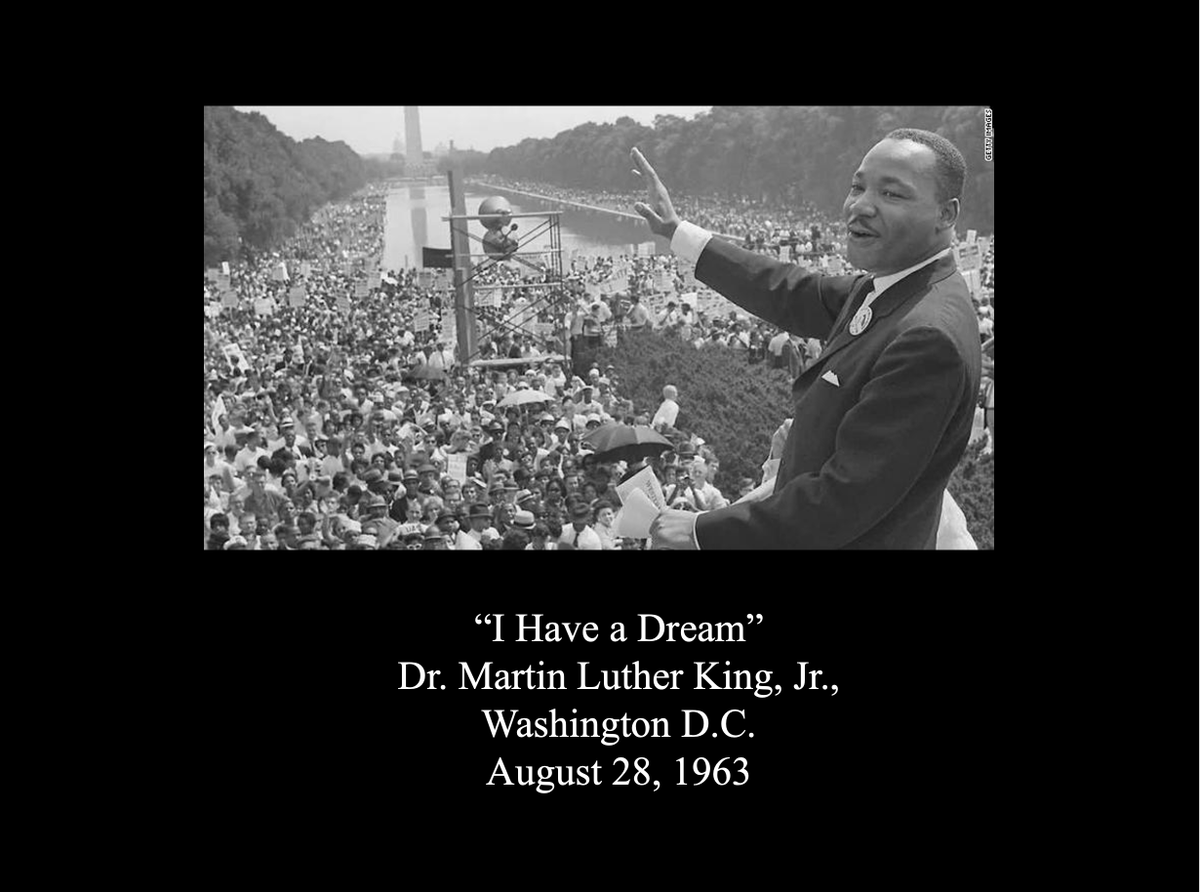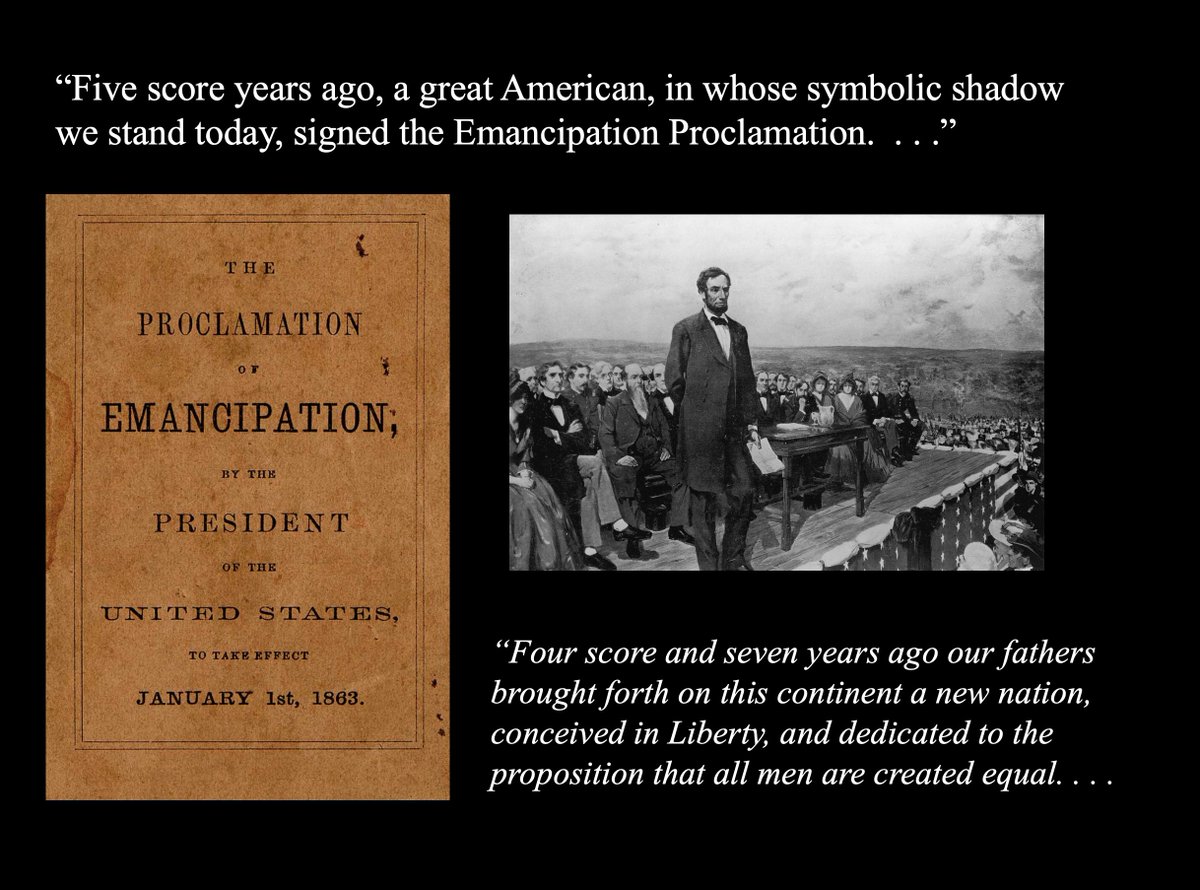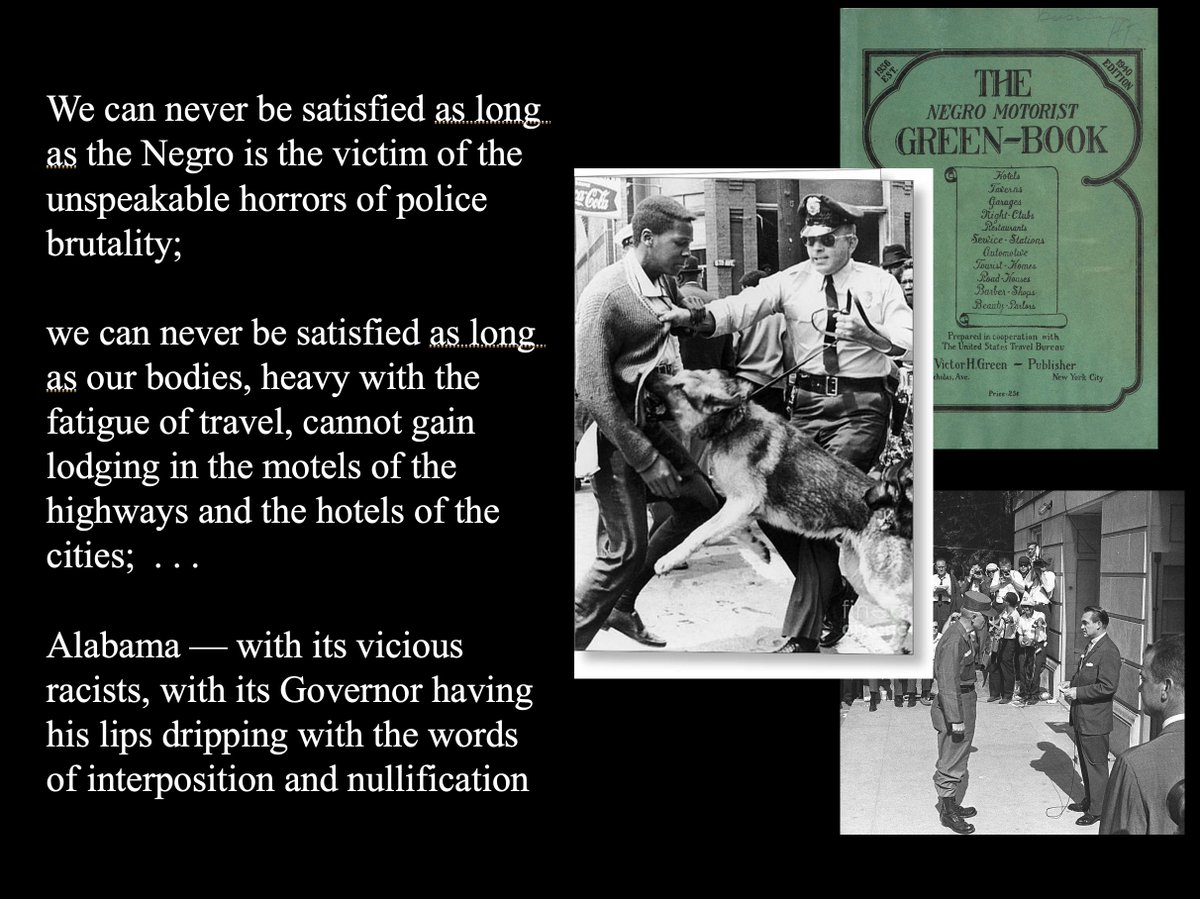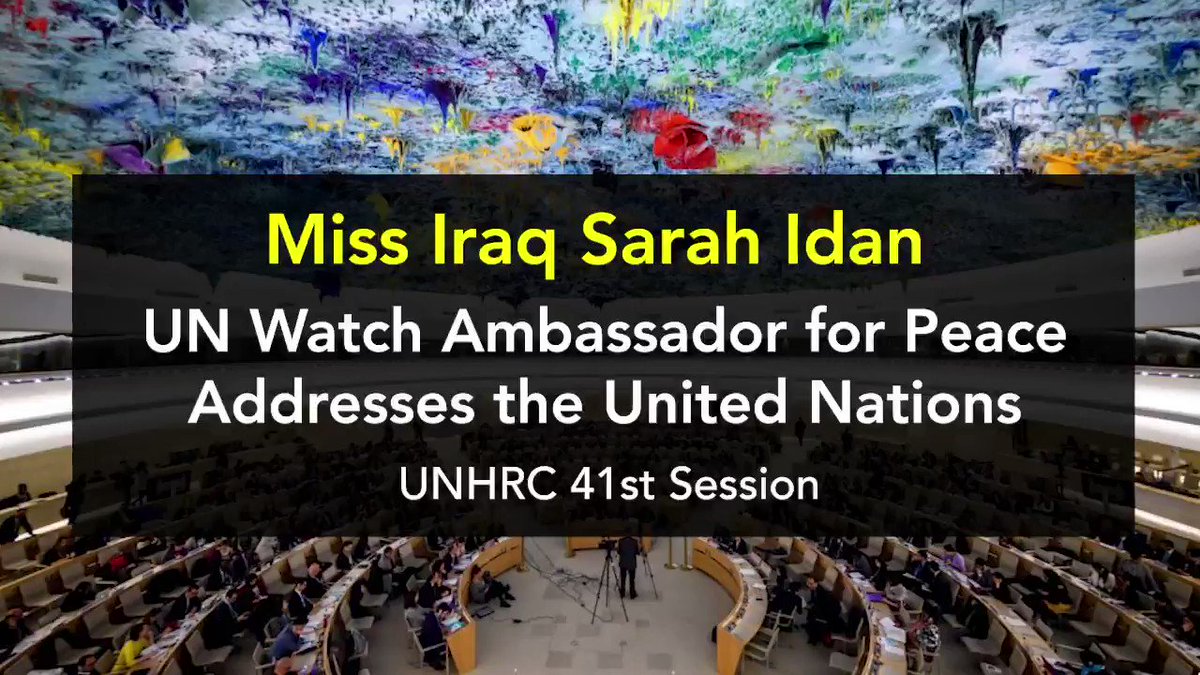@DClay49 I have seen generation after generation of Aboriginal Families being failed in justice, in health, in education & employment.
2 key recommendations involved “justice reinvestment”.
Justice reinvestment is a strategy for reducing the number of people in prison by investing funds drawn from the corrections budget into early intervention,..
Justice reinvestment involves working with a community to design local solutions to overcome the drivers of crime and incarceration.
The Maranguka Justice Reinvestment project in Bourke, New South Wales, is the most developed community-based trial. The Bourke Tribal Council, assisted by Just Reinvest NSW, directs and guides Maranguka.
14% reduction in bail breaches for adults
42% reduction in days
spent in custody for adults
38% reduction in charges across the top five juvenile offence categories.
https://t.co/mqbGzAMdFD
https://t.co/wNkKigqpKs
End
More from Kirsti Miller
Would having the testosterone limit for transgender women at 10nmol/L (5-10 times what’s considered “typical” for women) give them a massive advantage over their cisgender opponents?
Absolutely not, is recognized an XY chromosome body is seen as unhealthy <12nmol/L or less. A XY female as they lose the ability to produce natural occurring testosterone, falls into a range of 0.4nmol/L.
Which we know too, the individual falls into menopause at 9.6nmol/L, and due to complete androgen deprivation eventually into the position of that would equate a XX female = who had had a complete hysterectomy including her gonads.
We can be assured, one this is extremely unhealthy – Moreover, and most important, we can be assured that there are no women either XX and or XY competing internationally like this.
This is not for anyone a desired state and for the participation high performance sport eventually impossible to participate longterm.
XX women do not have their endogenous testosterone levels regulated in any sport. They can and do compete with T levels well into the normal male range around 13.7%. XX receptors are also 10 times more sensitive to T than an XY this could also be seen as unfair. https://t.co/PiERbwBxEP
— Kirsti Miller (@KirstiMiller30) January 28, 2021
Absolutely not, is recognized an XY chromosome body is seen as unhealthy <12nmol/L or less. A XY female as they lose the ability to produce natural occurring testosterone, falls into a range of 0.4nmol/L.
Which we know too, the individual falls into menopause at 9.6nmol/L, and due to complete androgen deprivation eventually into the position of that would equate a XX female = who had had a complete hysterectomy including her gonads.
We can be assured, one this is extremely unhealthy – Moreover, and most important, we can be assured that there are no women either XX and or XY competing internationally like this.
This is not for anyone a desired state and for the participation high performance sport eventually impossible to participate longterm.

